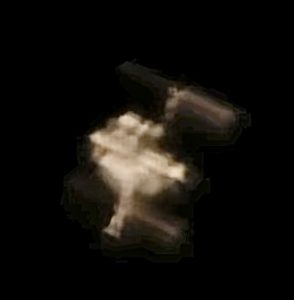Video transcript of meeting

- ISS photo – Nathan Hellner-Mestelman
- Used a iPhone mount using a 30-min video slow motion through a 5mm eyepiece, 2.5x Barlow and 8″ Dob (1,200mm f/l), so about 600x magnification, 2-3 arc secs
- Astronomy Day on May 15th – Randy Enkin & Lauri Roche
- We were so fortunate to have a clear sky for this online event
- Reviewed all the presenters and thanked everyone
- Spectroscopy – Tom Field
- Intro by David Lee
- 70-80% of astronomical research is done with spectroscopy
- Rspec-Astro.com – spectroscopy software for amateur astronomers
- Bunsen invented his burner to burn elements to see their component spectra
- Emission and absorption lines in spectrum
- “The Computers” Annie Jump Cannon – they created categories for spectral plate analysis
- Equipment to use for capturing spectrum
- Star Analyser Grating – US$195
- Other adapters and gear available
- A slit instead of a grating, which yields more resolution, but costs more and requires better technique
- Compared spectra of 8 different stars – Torsten Hansen
- Doing science
- Graph the results
- Spectroscopy is more immune to light pollution than traditional astrophotography, so urban observing works
- Wolf-Rayet stars (WR140) – shows this late-stage star with carbon-rich spectra
- Spectra can be measured of: planets, comets, meteors, the Sun, Supernova, stars
- Measuring Doppler Shift, or is it red/blue shift?
- Extended objects like nebulae need a slit instead of a grating
- Black Hole? no, but the accretion disk emits light
- Calculating red shift
- Spectroscopy can reinforce other observational skills
- Distance between sensor and grating needs to be precisely setup
- Emission versus absorption lines
- Can use other grating, since RSpec can calibrate to other grating resolutions. RSpec grating uses 100 lines/mm which is easy to use, and yields brighter spectra.
- Calibrate on a known star, then study other objects
Notices
- There is no Astro Cafe next Monday due to the Victoria Day holiday. The next Astro Cafe is scheduled for May 31st.
- If anyone would like to lead a citizen science group, please contact David Lee
- A Total Lunar Eclipse is coming up on May 26th
Astronomy Cafe – May 17, 2021
